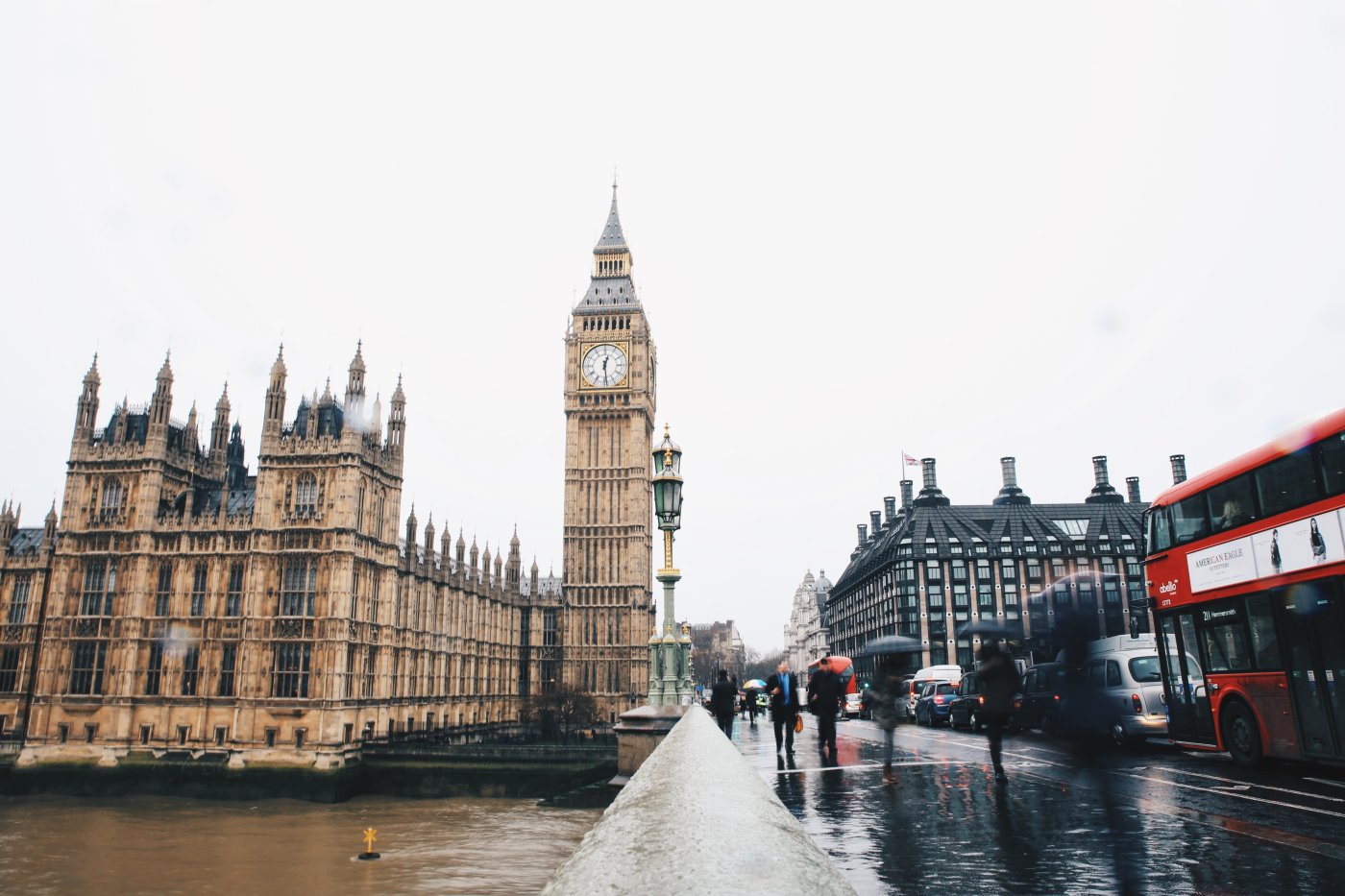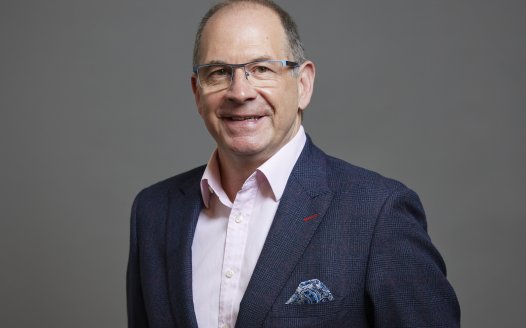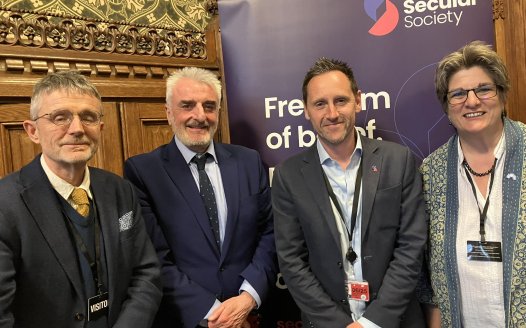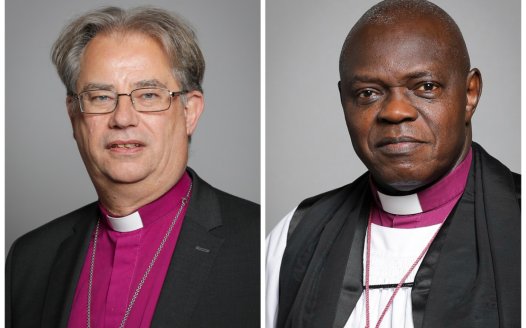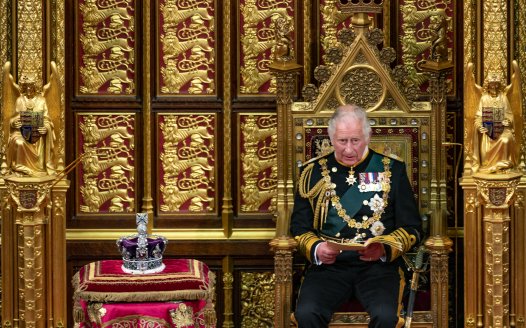Secularism has never been so relevant and necessary – unlike the established church
Posted: Tue, 29th Nov 2022 by Megan Manson
The Census 2021 results reveal that for the first time, most people in England and Wales aren't Christian. Megan Manson says the case for a secular state has never been stronger.
It's official: Britain can no longer be called a 'Christian country'.
The 2021 Census figures published today reveal Christians are now a minority in England and Wales, making up 46% of the population. The nonreligious are now the largest religion or belief group in Wales and the second largest in England. Non-Christian religions have generally seen an increase in their adherents.
It should be a humbling moment for the UK's churches – not least the Church of England. Christianity has been in decline for decades, but rather than relinquish its disproportionate privileges, the Church has clung on to them for dear life. It continues to use its 26 bishops in the House of Lords as a voting block to support its agendas. It resists calls to remove Christian prayers from parliament and from all state-funded schools. And it refuses to let go of the thousands of state schools under its control. Faced with rising competition from a myriad of other religions, and of course nonreligious worldviews, the Church no doubt sees these privileges as the final aces in its hand.
And yet, the number of Christians continues to fall.
The decline of Christianity and the rise of nonreligious identity can be seen throughout the UK. In Northern Ireland, those without a stated religion are the second largest group according to its Census results published in September. Scotland's Census data won't be published until 2023, but 2018 survey data found 59% of Scots are not religious.
Explaining the shrinking Christian percentage isn't difficult. Migration fuels a steady stream of non-Christian religions from Asia and Africa into the country, diluting Christianity's overall market share. Meanwhile, Brits who are descended from Christians are turning away from their ancestral religion as its ideology no longer fits the 21st century world they now inhabit. Science has replaced creationism. Equality has replaced biblically endorsed patriarchy. Tolerance has replaced condemning those who aren't in an opposite-sex marriage. And the stigma of being a non-believer has almost completely vanished.
Within this picture of religious diversity and irreligiosity, the established church and its web of institutions and influence across the state look increasingly incongruous. And that's something to bear in mind for the upcoming inauguration of our head of state next year.
Our monarchy's ties to the church run deep – indeed, the monarch's authority is supposed to be divinely ordained. As well as being our official head of state, King Charles is Supreme Governor of the Church of England and 'Defender of the Faith'. While Charles has stated he wants to be defender of all faiths, his coronation will be an explicitly Anglican rite. He and his wife will be anointed and blessed by the archbishop of Canterbury in Westminster Abbey. And he will take an oath to "maintain and preserve inviolably the settlement of the Church of England, and the doctrine worship, discipline, and government thereof, as by law established in England".
For many the ceremony will be a fascinating view. Fascinating because, for most Brits, it will be inscrutable and exotic. We'll be watching an ancient quasi-shamanic initiation ritual of a largely unfamiliar tribal religion, complete with elaborate costumes and esoteric songs and chants. But is that how a nation should be viewing its leader? As an otherworldly and outlandish religious figure with little to nothing in common with the people he leads? As Monty Python and the Holy Grail put it, "strange women lying in ponds distributing swords is no basis for a system of government". Neither are strange men invoking a god only a minority believe in to crown the head of state.
For the Church to continue to cleave to its constitutional privileges in a country where Christians are now the minority is embarrassing at best, imperious at worst. Never before has it been clearer why a secular state is really the only settlement that can meet the British public where it's at: a largely irreligious, diverse hodgepodge of people with a broadly liberal outlook on life. It's time for state and church to go their separate ways, for the best for both.
Separate Church and State
We want to separate church and state so no religion has undue influence over our politics and society. Join our campaign to disestablish the Church of England.

